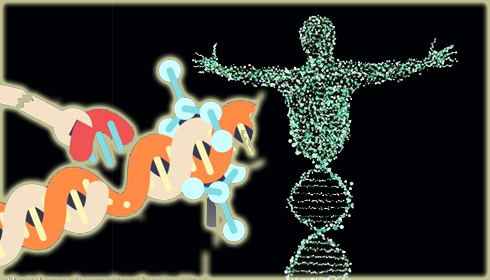
Breakthrough Genetic Tool Predicts Neonatal Sepsis Before Symptoms Emerge
Academics from the University of British Columbia (UBC) and Simon Fraser University (SFU), in collaboration with the Medical Research Council (MRC) Unit, conducted a groundbreaking study. The Gambia has developed a genetic tool capable of detecting neonatal sepsis in neonates before symptoms manifest. Published recently in eBiomedicine and supported by the National Institutes of Health and the Canadian Institutes of Health Research, this discovery marks a significant advancement in the fight against neonatal sepsis, especially in low- and middle-income countries (LMICs), where the condition is most prevalent.
"Neonatal sepsis results from the body's abnormal response to a severe infection that occurs within the first 28 days of life. It affects approximately 1.3 million babies worldwide each year, with greater rates in low- and middle-income countries," noted Andy An, the study's first author and UBC MD/PhD student. "Even when treatment is successful, sepsis can have lifetime consequences in children, causing developmental delays, cognitive difficulties, and long-term health problems. By recognising it as early as possible, we may treat infants quickly and, ideally, prevent these damages."
With sepsis causing nearly 200,000 fatalities globally each year, early and correct diagnosis is important. The new method, created using machine learning, evaluates a genetic signature formed from four genes present at birth and can predict the chance of sepsis in babies with about 90% accuracy. This approach is a significant departure from previous studies, according to co-senior author Dr. Amy Lee, assistant professor in SFU's molecular biology and biochemistry department: "This was a unique opportunity where samples were available from all babies in this cohort on the day of birth, meaning we could study the genes expressed in the sepsis babies before they got sick. Most other studies have only published markers found when the newborns were already unwell, so this would not be a predictive signature.
This study, which included a large cohort of infants from The Gambia, demonstrates the potential for genetic screening to enhance newborn healthcare globally. Dr. Bob Hancock, co-senior author and UBC professor, stated, "The consequences of neonatal sepsis are so severe in the most vulnerable individuals that providing an early diagnosis to assist and guide physicians could save lives."
The team envisages using this genetic signature in portable, point-of-care devices to make early sepsis diagnosis possible even in distant locations. Dr. Hancock stated that point-of-care devices can screen for gene expression, including COVID-19 and influenza, using a single drop of blood. Scientists could repurpose these portable devices to recognize this "signature" straightforwardly and cost-effectively.
The next step in the research process is to validate the tool in a large, prospective study of various populations, followed by efforts to produce approved point-of-care testing devices.